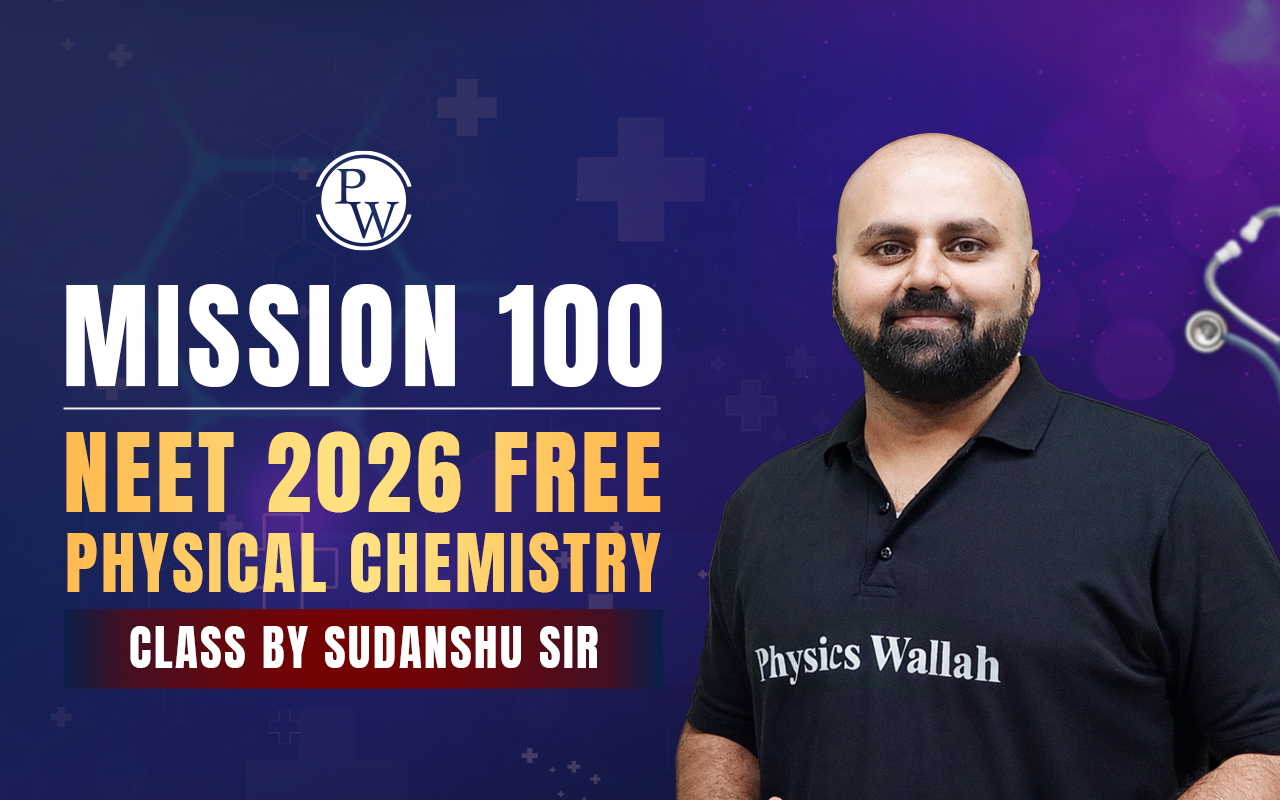
The DHT full form is Dihydrotestosterone . Dihydrotestosterone (DHT) is a pivotal component in the realm of endocrinology and hormonal health. It denotes a potent derivative of testosterone, playing a significant role in the development of male secondary sexual characteristics and influencing hair growth patterns. Grasping the intricacies of DHT is essential for understanding the overall hormonal balance of the body, the potential for hormonal imbalances, and the onset of related complications. The primary objective of studying DHT is to provide a uniform and standardized understanding, enabling medical professionals and researchers to discuss and identify variations in hormonal health and balance globally.
The analysis of DHT adheres to specific standards and methodologies to ensure accurate understanding. This encompasses methods for measuring its levels, interpreting its effects, and recognizing any imbalances. The evaluation process also factors in aspects like the individual's age, genetics, and overall health, ensuring a comprehensive assessment. Moreover, the sequence of hormonal evaluations and their results are vital in tracking the body's androgenic balance and overall health.
In this exposition, you will delve into the full form of DHT in English, its significance, and the diverse facets associated with this essential hormonal component.
DHT Full Form In English
DHT stands for Dihydrotestosterone . It is a male sex hormone derived from testosterone and plays a pivotal role in the development of male secondary sexual characteristics, including facial hair, deepening of the voice, and muscle growth. Elevated levels of DHT can also be associated with conditions like male pattern baldness and an enlarged prostate.
DHT Full Form In Hindi
DHT's full form remains Dihydrotestosterone in scientific and medical contexts, even in Hindi. However, if you were to transliterate "Dihydrotestosterone" into Hindi script, it would be written as "डाइहायड्रोटेस्टोस्टेरोन" . It's important to note that the term is not commonly translated but rather used in its original form in medical discussions in Hindi.
DHT Full Form In Biology
In the context of biology, DHT stands for Dihydrotestosterone . It is an androgen, which is a type of hormone that helps develop and maintain male characteristics. DHT is produced from testosterone in the prostate, testes, hair follicles, and adrenal glands. It plays a significant role in certain biological processes, including the development of male secondary sexual characteristics during puberty and the regulation of hair growth patterns in adulthood.
DHT Dihydrotestosterone
DHT, or Dihydrotestosterone, is a male sex hormone responsible for many of the biological characteristics associated with males. It plays a pivotal role in male development during puberty and has ongoing roles in adult men.
DDT Dichlorodiphenyltrichloroethane
DDT, on the other hand, stands for Dichlorodiphenyltrichloroethane. It's a chemical organochlorine compound primarily known for its use as an insecticide. The structure of DDT is complex, and its chemical formula reflects its intricate nature.
Historical Context
The discovery of DDT can be credited to Othamar Zeidler, who first synthesized it in 1874. However, its insecticidal properties were recognized later by Pauly Mueller in 1939. This discovery was monumental, especially for malaria control, as DDT was extensively used to combat the disease-spreading mosquitoes.
Chemical Properties and Synthesis
DDT is an organochlorine insecticide, a subgroup of chemical insecticides known for their longevity and potency. The synthesis of DDT involves Friedel Crafts reactions, a method used to attach substituents to aromatic rings. The IUPAC name for DDT is Dichlorodiphenyltrichloroethane, and its molar mass is 354.49 g/mol. Being hydrophobic, DDT doesn't dissolve easily in water but is soluble in organic solvents.
Hazards and Concerns
While DDT was hailed for its insecticidal properties, especially in malaria control, concerns soon arose about its safety. Classified as a human carcinogen, DDT has been linked to various cancers, including pancreatic cancer, liver cancers (like hepatocellular carcinoma), and breast cancer. Its nature as an endocrine disruptor means it can interfere with the hormonal system, leading to adverse developmental, reproductive, and neurological effects.
Moreover, DDT is a persistent organic pollutant. It doesn't degrade easily and can remain in the environment for years, posing long-term risks. Its genotoxic properties, which refer to its ability to damage genetic information in a cell, further amplify these concerns.
While DHT is a natural male sex hormone with crucial biological functions, DDT is a synthetic compound with a history of use and misuse. The legacy of DDT serves as a reminder of the need for thorough research and understanding before the widespread application of any chemical. As science progresses, the hope is to find safer, more effective solutions that pose minimal risks to human health and the environment.
Check NEET Exam Important Links
| NEET Exam Important Links | |
| NEET Syllabus | NEET Sample Paper |
| NEET Notes | NEET Previous Year Question papers |
DHT Full Form FAQs
Q1. What causes DHT to increase?
Q2. What is DHT in hair?
Q3. Is DHT good or bad for you?
Q4. What does DHT do to the body?
Q5. How can I reduce DHT naturally?
Q6. How to reduce DHT by exercise?
Q7. Which vitamins block DHT?
Q8. How do I permanently remove DHT from my scalp?
Q9. How do I check my DHT level?










